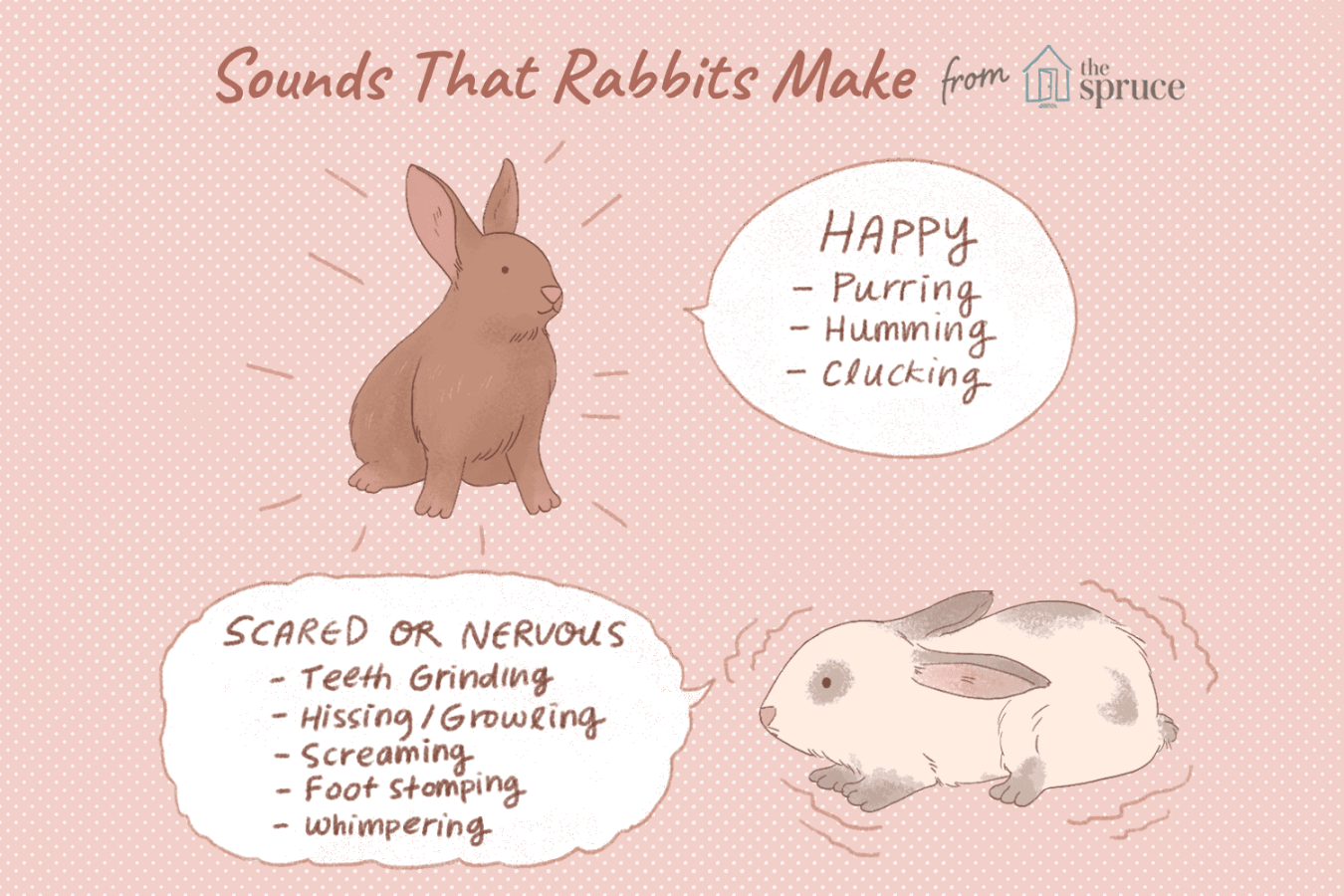How to Know If Your Rabbit is Crying?
Understanding Rabbit Communication
Rabbits are known to be expressive creatures, using a combination of vocalizations, body language, and other behaviors to communicate their emotions. While rabbits do not cry tears like humans do, they have various ways to express distress or discomfort. It’s essential for rabbit owners to understand these signals to ensure their furry friends’ well-being.

Signs That Your Rabbit Might Be Crying
1. Whimpering or Whining Sounds
Rabbits can make soft whimpering or whining sounds when they are in pain or feeling anxious. These vocalizations are usually low-pitched and can be an indication that your rabbit is crying out for help.
2. Teeth Grinding
Teeth grinding in rabbits, also known as bruxism, is often a sign of discomfort or pain. If your rabbit starts grinding its teeth while being handled or during specific activities, it might be an indication that something is wrong.
3. Decreased Appetite or Refusal to Eat
Rabbits are typically enthusiastic eaters. If your rabbit suddenly shows a decreased appetite or refuses to eat altogether, it could be a sign of distress. Loss of appetite can be caused by physical or emotional factors and should be addressed promptly.
4. Lethargy or Hiding Behavior
When rabbits are upset or feeling unwell, they may become lethargic and display unusual hiding behavior. If your normally active and social rabbit becomes withdrawn and avoids interaction, it’s crucial to monitor their behavior closely.
5. Excessive Grooming or Overcleaning
Rabbits are meticulous groomers, but excessive grooming can be a sign of stress or discomfort. If your rabbit excessively cleans a particular area or pulls out fur, it could indicate a problem that needs attention.
6. Changes in Body Language
Rabbits use body language to communicate their feelings. Some common signs of distress include flattened ears, a hunched posture, or thumping hind legs. These behaviors could suggest that your rabbit is upset and potentially crying silently.
7. Abnormal Bathroom Habits
If you notice a sudden change in your rabbit’s litter box habits, such as urinating outside the designated area or producing abnormally small or large droppings, it may be a sign of stress or an underlying health issue.
FAQs about Rabbit Crying
Can rabbits really cry?
No, rabbits cannot cry in the same way humans do. They do not produce tears to express emotions like sadness. However, they have various vocalizations and behaviors to communicate distress or discomfort.
What should I do if my rabbit is showing signs of distress?
If your rabbit is displaying signs of distress, it’s essential to assess its environment and health. Ensure their living space is comfortable, provide a balanced diet, and monitor any changes in behavior or appetite. If you are concerned, consult a veterinarian who specializes in rabbits for a thorough examination.
Are teeth grinding always a sign of distress?
Teeth grinding in rabbits can be a sign of both physical discomfort and contentment. Contented rabbits often grind their teeth while relaxing or being gently petted. However, if teeth grinding is accompanied by other signs of distress, it is crucial to investigate further.
How can I help my distressed rabbit?
If your rabbit seems distressed, try to create a calm and secure environment for them. Provide hiding spaces, ensure their diet is appropriate, and spend quality bonding time with them. If their distress persists or worsens, consult a rabbit-savvy veterinarian for guidance.
Related Articles…
Copyright Notice:
All images featured on this site are sourced from the internet, copyrights belong to respective owners. Should you own any image and require it to be removed, please contact us.